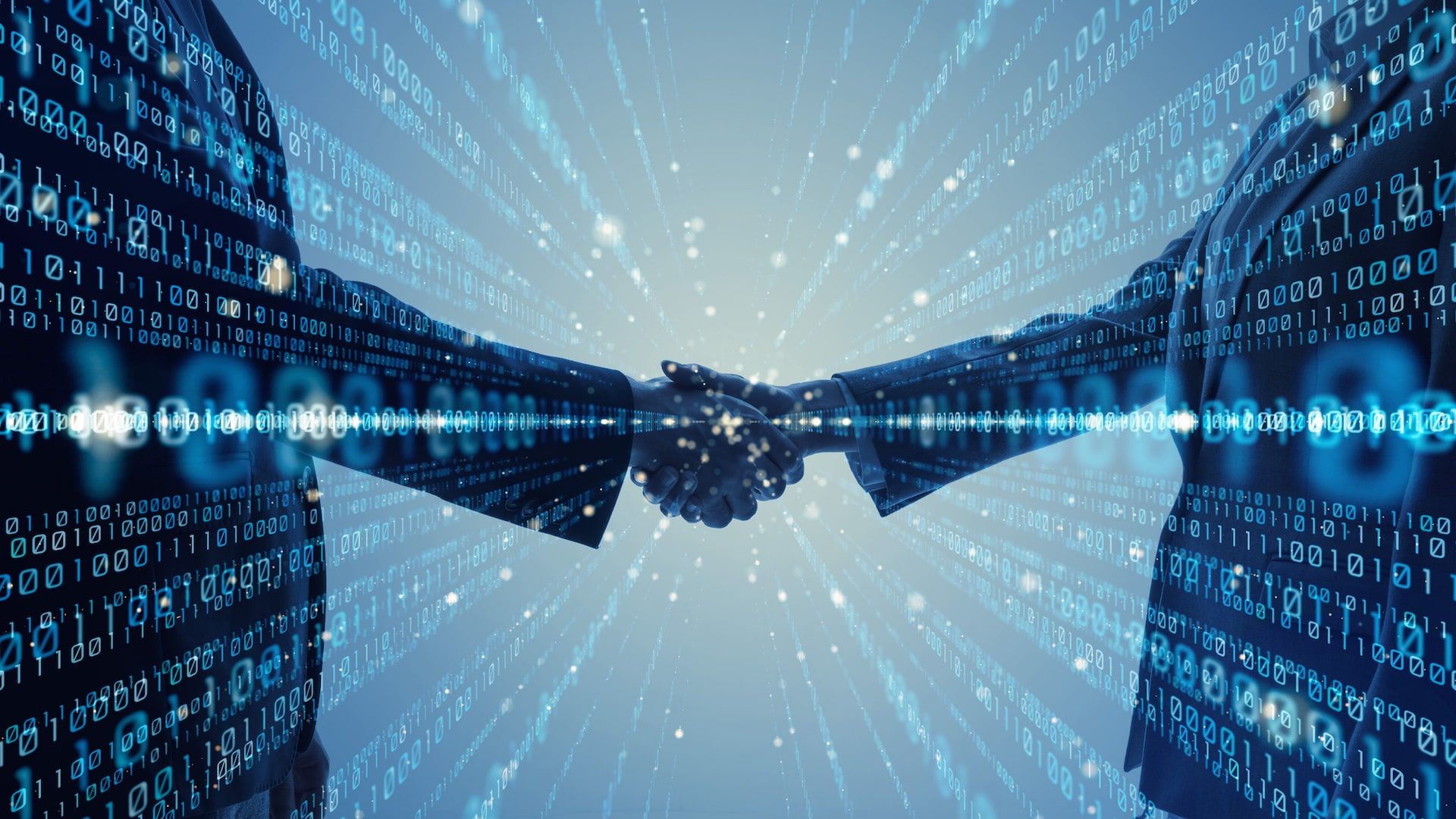As Distributed Denial of Service (DDoS) attacks knocked out major Internet services today, one can only wonder: Where the heck is the U.S. government? Moreover, what the heck are the feds -- working with private industry -- doing to mitigate such attacks, and bring the hackers to justice?
Gizmodo stated the situation well:
"Today's brutal DDoS Attack is the beginning of a bleak future. This morning a ton of websites and services, including Spotify and Twitter, were unreachable because of a distributed denial of service (DDoS) attack on Dyn, a major DNS provider. Details of how the attack happened remain vague, but one thing seems certain. Our internet is frightfully fragile in the face of increasingly sophisticated hacks."
DDoS attacks flood websites with garbage traffic, ultimately bringing various network connections to a standstill and cutting off services. And their impact stretches far beyond the primary targets. During a DDoS attack against Linode Data Centers in early 2016, thousands of small businesses hosted in those data centers saw their websites and ecommerce systems essentially go dark. The victims included ChannelE2E.
U.S. Strategy: Two Decades Late (And Counting)
DDoS attacks aren't new. The IT media has been tracking them since the 1990s. And yet, the IT vendor community and hosting providers haven't really found effective ways to stop DDoS attackers.
President Obama announced legislation in 2015 to bolster cybersecurity efforts. But frankly, Republicans and Democrats haven't moved quickly enough to safeguard our digital borders. And cybersecurity has received little -- if any -- discussion during the U.S. presidential debates. Blame the candidates. Blame the media. Blame all of us. Then, let's act on this. Together.
In some ways, World War III has already started. It involves the digital attacks, hacks and other steps allegedly launched by Russia. The result involves information leaks that spill onto Wikileaks. Political pundits and media "pros" spend considerable time reading, rehashing and interpreting the leaks. But we're spending far too little time pinpointing ways to mitigate the attacks.
When Power, Transportation and Communication Go Dark
At some point, we'll learn a painful lesson -- collectively -- as a nation. The attacks, undoubtedly, will shift from data hacks to full-blown infrastructure attacks.
More than websites going dark; we will witness power, transportation and communication grids going dark. CNN, MSNBC and Fox News will attempt to ask the key question: Why weren't the U.S. government and IT industry pundits prepared for such attacks?
Only this time nobody will be watching. Because we won't have the infrastructure -- no power, no IT -- to do so.
I tend to be a glass-half-full type of guy. An eternal optimist. But the chances of a massive digital super bomb -- or millions of tiny digital bullets -- knocking out our infrastructure seem to be growing by the day. Just ask the IT leaders who struggled to mitigate today's DDoS attacks.
A digital World War III looms. Where -- oh where -- is our government?




